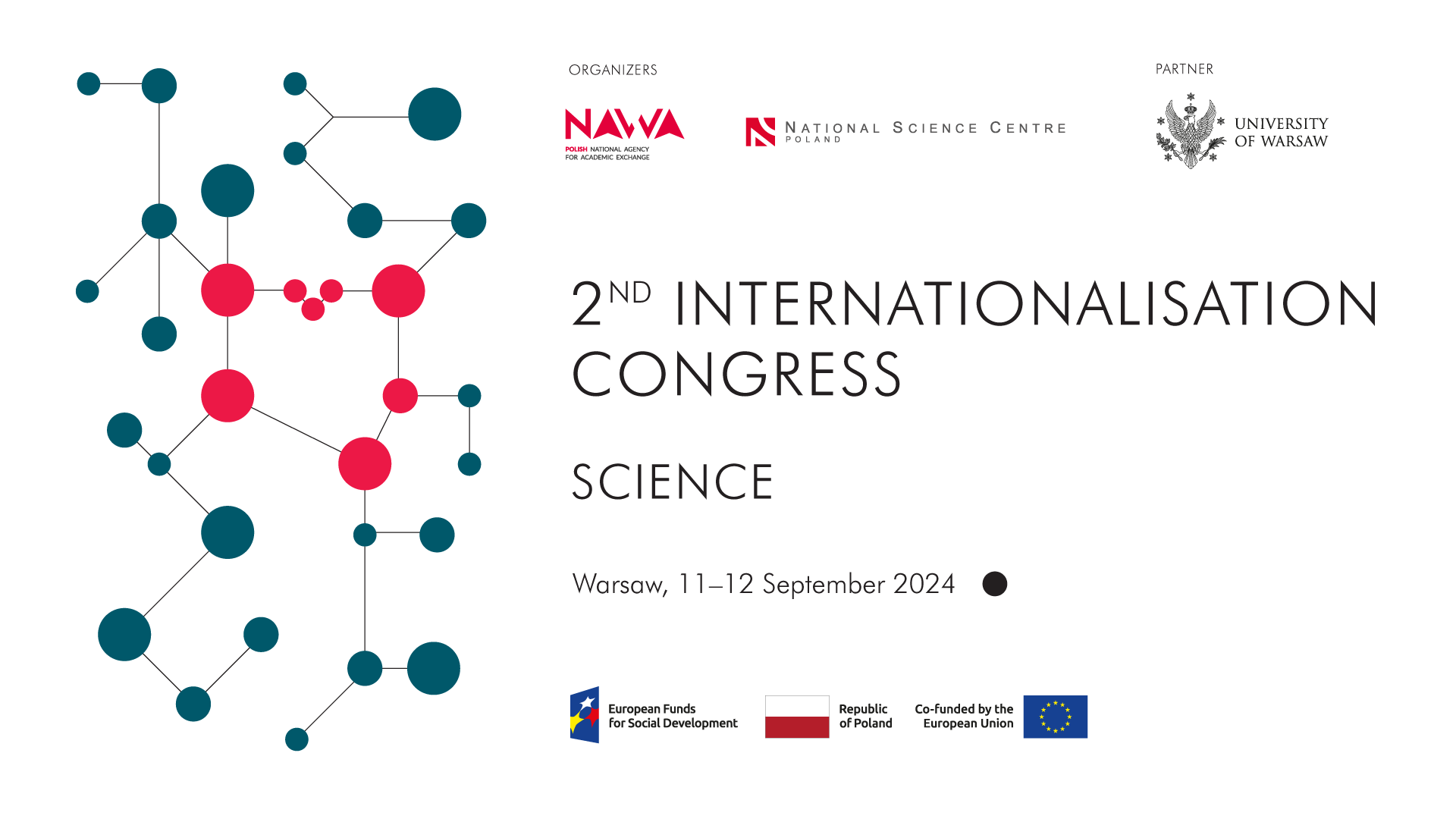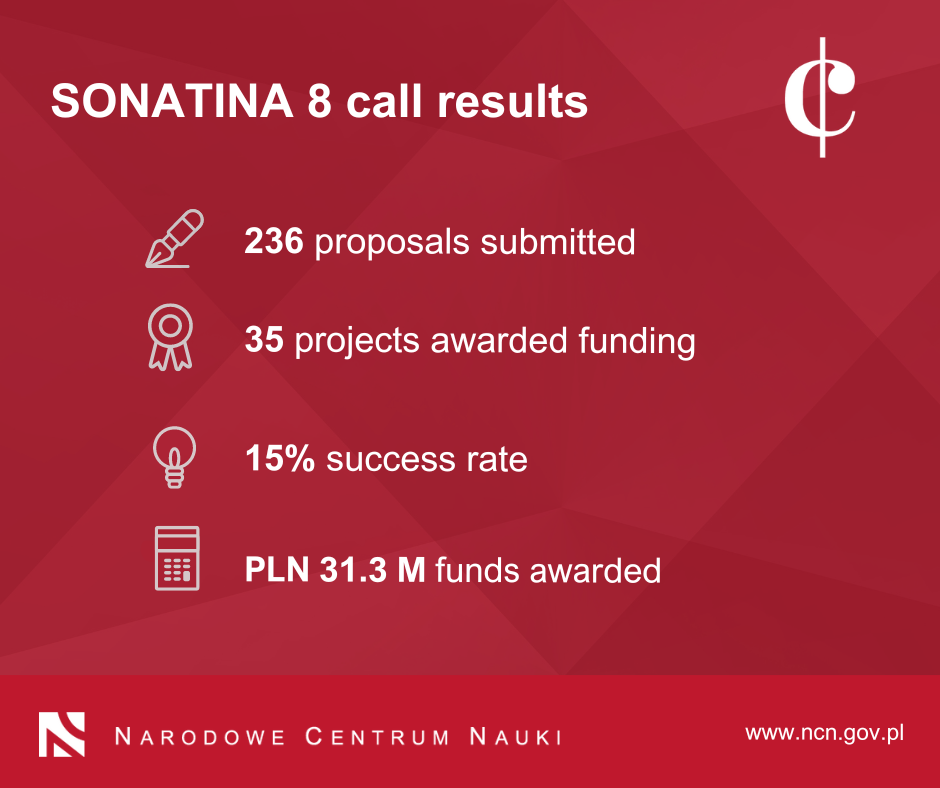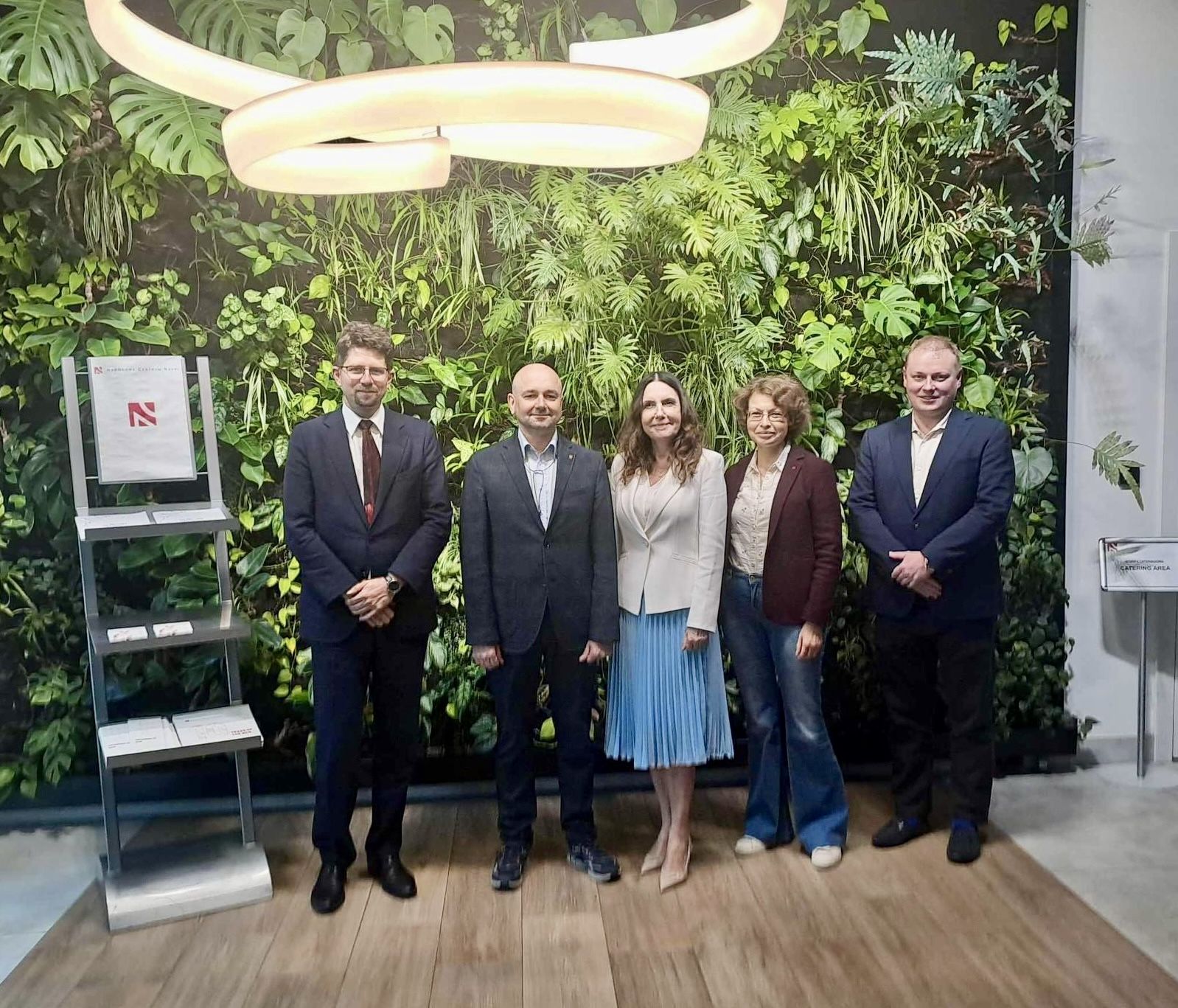Polish researchers will carry out 29 research projects in collaboration with researchers from Austria, Belgium (Flanders), Czechia and Switzerland owing to OPUS 26+LAP/Weave funding. Over 42.3 million zlotys will be awarded for their research.
OPUS is NCN’s largest call open to all researchers, regardless of their age, research experience, academic title or award.
Researchers can apply for funding of their projects carried out in Polish research institutions, with or without foreign participation, as well as projects with the use of large international research equipment. It is launched twice a year, in spring and autumn. The autumn edition follows the Lead Agency formula, which means that researchers may request funding of projects carried out in collaboration with foreign research teams from Austria, Czechia, Slovenia, Germany, Switzerland, Luxembourg and Belgium (Flanders) within the framework of the Weave programme.
Results of OPUS and OPUS LAP
Under OPUS 26+LAP/Weave, 1,737 proposals were submitted to the NCN, for a total of nearly 2.6 billion zlotys. In the first round, a total funding of 441 million zlotys was awarded to 267 researchers. Projects concluded in the first round did not involve collaboration under the Weave programme. The winning applicants have recently included 36 Polish research teams involved in 29 international research projects carried out under the Weave programme, with a total value of over 42.34 million zlotys.
28 projects among those recommended for funding involve bilateral collaboration with research partners from Austria, Belgium (Flanders), Czechia and Switzerland, and one will be carried out in trilateral collaboration with researchers from Poland, Belgium (Flanders) and Switzerland. 10 projects were submitted to Arts, Humanities and Social Sciences, 11 to Physical Sciences and Engineering and 8 to Life Sciences. 5 projects on the Polish part will be implemented by groups of entities.
OPUS LAP bilateral projects in collaboration with teams from Austria, Belgium-Flanders, the Czech Republic and Switzerland, and trilateral project in collaboration with teams from Belgium-Flanders and Switzerland (.pdf)
OPUS 26+LAP/Weave Ranking Lists
The Lead Agency Procedure (LAP) is a new proposal evaluation standard applied by the European research-funding agencies to simplify the application procedure for joint projects to be carried out by international research teams and enhance the evaluation of proposals by research-funding agencies. LAP proposals submitted to the NCN undergo a complex merit-based evaluation according to the terms and conditions of the OPUS call. Furthermore, the experts evaluate the academic and research career of foreign principal investigators and completion of other research projects by foreign principal investigators, and make sure that the contribution of all teams in the project is balanced and complementary.
Foreign partner teams apply for parallel funding of their parts of the project to their respective research-funding agencies under the Weave programme, however, pursuant to the Lead Agency Procedure, proposals are no longer subject to a merit-based evaluation which is performed by the experts at the NCN, and the evaluation results are then approved by the partner agencies.
The Polish winning projects will be funded by the National Science Centre, Czech projects, by the Czech Science Foundation (GAČR), Austrian projects, by the Austrian Science Fund (FWF), research performed by scientists from Belgium (Flanders) will be funded by the Research Foundation – Flanders (FWO), and the Swiss part of the project, by the Swiss National Science Foundation.
Decisions are yet to be taken on LAP proposals involving collaboration with research partners from Luxembourg, Slovenia and Germany, recommended for funding under OPUS 26+LAP/Weave. Call Timeline
Waiting Lists
The additional 200 million zlotys awarded to the National Science Centre by the Ministry of Science and Higher Education this year and regulations adopted by the NCN Council to increase the OPUS 26 budget allowed LAP proposals on the waiting lists to be funded.
| |
Polish-Austrian projects |
Polish-Belgian (Flanders) projects |
Polish-Swiss projects |
Polish-Swiss-Belgian (Flanders) project |
Polish-Czech projects |
Total |
|---|
| |
basic ranking list |
waiting list |
basic ranking list |
waiting list |
basic ranking list |
waiting list |
basic ranking list |
waiting list |
|
| Projects funded |
4 |
4 |
2 |
1 |
1 |
1 |
8 |
8 |
29 |
| Funds awarded (in PLN) |
5,114,794 |
6,129,282 |
2,753,271 |
1,222,562 |
2,377,650 |
795,286 |
14,564,339 |
9,388,227 |
42,345,411 |
We encourage all researchers who have won funding in NCN calls to spread the news of their projects in social media.
How?
- Pick a nice photo (related to your research or research group),
- Describe your project in two or three sentences meant for the general public: what are its goals and how will it advance our knowledge?
- Use one or more hashtags: #NCNtotlen, #badaniapodstawowe #projektyNCN.
Let your success story reach a broader audience of regular people and research-funding decision-makers!
Service of Decisions
Today, the funding decisions will be served for both proposals recommended for funding and not recommended for funding under OPUS 26 and SONATA 19. The funding decisions of the NCN Director will be served on the applicants in an electronic format and will be sent to the electronic address indicated in the proposal.
If the applicant is an entity described in Article 27 (1) – (7) and (9) of the Act on the National Science Centre, the funding decision of the NCN Director will only be served to the applicant’s Electronic Delivery Box (ESP ePUAP) address specified in the proposal. If a natural person applies and provides their ePUAP address in the proposal, the funding decision will be sent to that address, however, if no ePUAP address is specified, they will receive an e-mail with an electronic address from which they will be able to download the NCN Director’s decision.
The funding decisions by the NCN Director are also sent to the principal investigator and, if a natural person applies, to the participating entity specified in the proposal.
Applicants who have not received a decision are recommended to check if their electronic address (ESP, ePUAP, e-mail) provided in the proposal is correct and if they provide an incorrect e-mail address, they should contact the NCN Program Officer in charge of the proposal specified in the OSF submission system.



